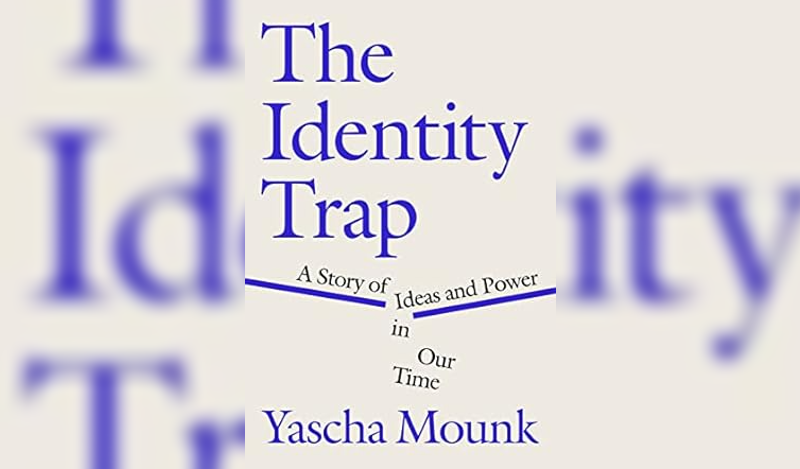Podcast: Yascha Mounk
Sixty years ago, outlawing racial segregation was a dominant civil-rights priority of liberals. Today, in the name of racial equality, many progressive thinkers and activists champion policies and actions that promote segregation. The story of how that moral transformation took place is one of the central preoccupations of the professor Yascha Mounk, the author of The Identity Trap: A Story of Ideas and Power in Our Time.
In that book, released last month, Mounk plots the relevant intellectual history, from the postmodern philosophy of Michel Foucault to the post-colonial writing of Edward Said to early expressions of critical race theory in the work of Derrick Bell and to the articulation of the governing idea of intersectionality in the work of Kimberlé Crenshaw. Mounk explores how the architects of what he calls “the identity synthesis”—his term for what alternatively goes by identity politics or wokeness, terms that he avoids because he believes they are overly polemical—are not accidentally but conscientiously opposed to the race-blind aspirations of their liberal predecessors.
All this he discusses this week with Mosaic’s editor Jonathan Silver. The two also turn to the question of what this revolutionary moral transformation has to do with the Jews. Does the very notion that Americans should be categorized and evaluated in political, civic, and educational settings on the basis of race—and that, moreover, Jews are often fit into the racially white, oppressor category—mean that the logic of the identity synthesis tends toward anti-Semitism? Does the legitimating of racial categorization give ammunition to white supremacists to reject the whiteness of Jews, and indulge their own Jew-hatred? And what does all this mean for the central goal of Jewish education—to teach children to assume responsibility for, and pride in, the Jewish tradition?
Musical selections in this podcast are drawn from the Quintet for Clarinet and Strings, op. 31a, composed by Paul Ben-Haim and performed by the ARC Ensemble.
More about: Politics & Current Affairs







